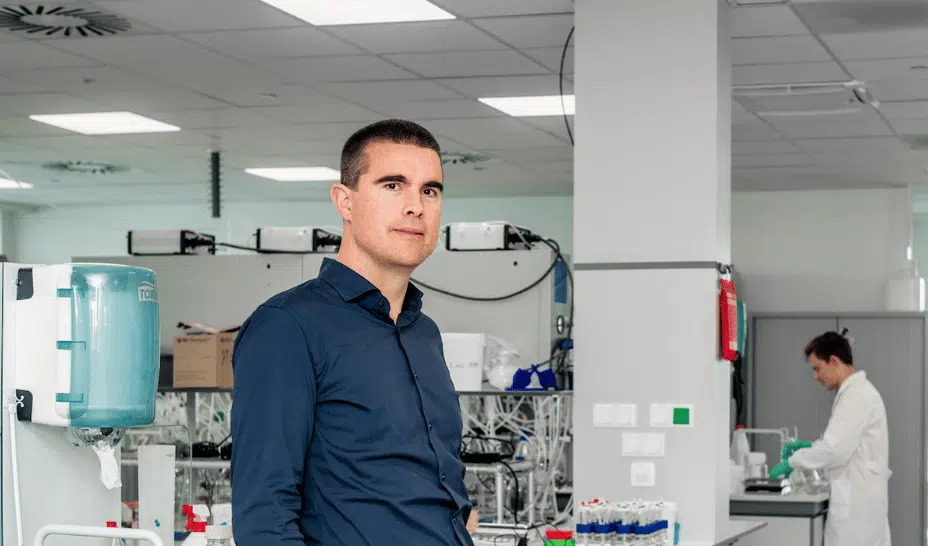Tim Dafforn is Appointed BIS’s Chief Scientific Adviser
Professor Tim Dafforn has been appointed as the new Chief Scientific Adviser at the UK’s Department for Business, Innovation and Skills. Professor Dafforn took up his post on June 1st, and he succeeds Professor John Perkins CBE.What is BIS?The Department for Business, Innovation & Skills, or BIS, is a ministerial department supported by 45 agencies and public bodies. Its role is to support economic growth by investing in skills and education to promote trade, boost innovation and help people to start and grow a business.What is the Chief Scientific Adviser’s Role?The Chief Scientific Adviser’s role is to ensure that the department’s policies and operations, and its contributions to wider government issues, are underpinned by the best science and engineering advice available. Professor Dafforn will work together with other departmental CSAs to advise the Government Chief Scientific Adviser on all aspects of policy on science and technology.The Government Chief Scientific Adviser, Sir Mark Walport, said:
“I am pleased to welcome Professor Dafforn to the cross-government network of Chief Scientific Advisers. I look forward to working with him to ensure that the UK continues to lead the way in the use of science and engineering evidence by government.”
Who is Professor Dafforn?Professor Dafforn was previously the Entrepreneur in Residence for Synthetic Biology at BIS and is the Director of Knowledge Transfer, Life and Environmental Sciences at the University of Birmingham. His impressive career includes more than 100 publications and a lifetime research grant capture of £10 million. He has worked to develop new national research policies as part of the Biotechnology and Biological Sciences Research Council (BBSRC) and is head of policy, a trustee and member of the executive committee at the Biochemical Society.During his time as Entrepreneur in Residence for Synthetic Biology at BIS he brought together government, industry and academics to advance the development of new opportunities based on synthetic biology. Professor Dafforn combines his career as a scientist with that of an entrepreneur and has developed a number of projects from inception through to commercial realization. This includes Linear Diagnostics Ltd, a medical diagnostics spin-out company from the University of Birmingham. Linear Diagnostics Ltd. uses a fast, simple to use, economical technology platform to detect and quantify a wide range of analytes and can also be used for pathogen detection.Speaking in 2013 in reference to his work on pathogen detection and synthetic biology as whole, Professor Dafforn said:
“What we’re doing in Birmingham now we hope will drive an industrial revolution for the future. We work in synthetic biology which is a new area of science, which aims to take biology as an inspiration for new developments and new technologies. We hope that in the future these technologies will change the way we live. The nice thing about synthetic biology is that, unlike the industrial revolution, which has led to a lot of pollution and environmental problems, the synthetic biology revolution is a green revolution that is likely to be lower in energy, kinder to the environment and overall a much cleaner and more sustainable way to drive technology forwards.”
He then went on to say:
“One of the challenges as a scientist is that although we develop nice new exciting methods, machines and technologies, the big challenge is often trying to get those into the outside world so that they benefit people as a whole.”
Professor Dafforn will ensure that the department’s policies and operations, and its contribution to wider government issues are informed by fit-for-purpose science, technology and engineering advice. Applauding Professor Dafforn’s new appointment, BIS Permanent Secretary Martin Donnelly said:
“Professor Dafforn’s appointment as Chief Scientific Adviser brings a depth of knowledge and experience formed in both academia and as the BIS Entrepreneur in Residence. I look forward to continuing to work with him in his new role.”
If you have any questions or comments please leave them below.




.svg)









-min.png)

.gif)